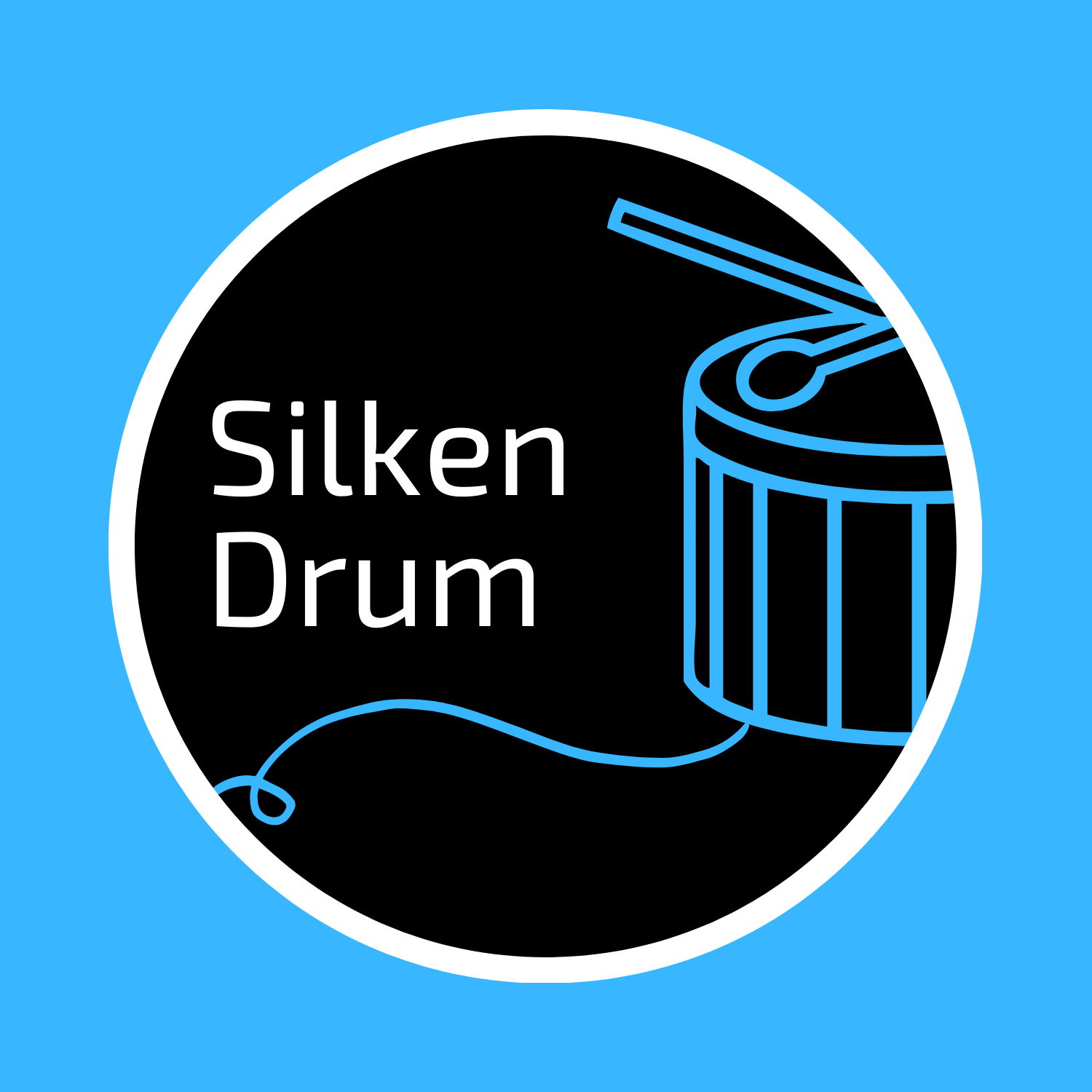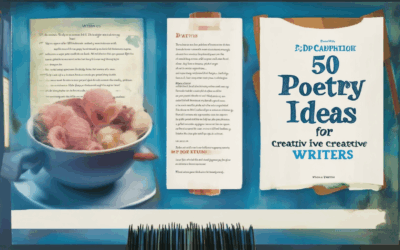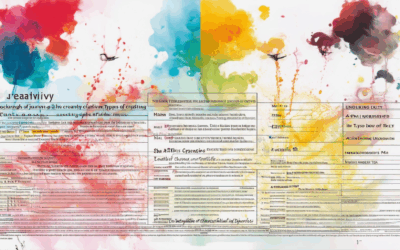Discover the joy of creative writing with simple yet effective ideas tailored for beginners. Whether you’re just starting out or looking to refresh your writing skills, this guide offers a comprehensive roadmap to unlock your creativity and confidence. From choosing the right genre to crafting engaging prompts, this article covers everything you need to get started. Explore tips on writing for kids, teenagers, and adults, while learning how to manage your time effectively and seek valuable feedback. With practical advice and resources, you’ll find inspiration and motivation to keep writing. Let’s embark on this journey together and unlock the world of creative writing!

Writing Tips for Beginners
Starting your writing journey can be both exciting and challenging. Here are some practical tips to help you get started:
- Understand Your Audience : Begin by identifying who your target readers are. Tailor your content to their interests and skill levels. For example, if you’re writing for Silken Drum, consider the preferences of creative writers and literary enthusiasts.
- Choose Your Topics Wisely : Select subjects you’re passionate about. Whether it’s poetry, short stories, or essays, stick to genres you enjoy to stay motivated.
- Build a Strong Foundation : Practice daily to improve your grammar, punctuation, and storytelling skills. Reading widely can inspire your own writing and help you develop your unique voice.
- Seek Feedback : Share your work with trusted friends or join writing communities like Silken Drum to get constructive criticism and learn from others’ experiences.
- Stay Consistent : Writing regularly helps build momentum and improves your skills over time. Aim for a set schedule, even if it’s just a few minutes each day.
- Network and Collaborate : Join forums, attend workshops, or participate in writing competitions to connect with other creators. Collaboration can open new opportunities and provide support.
- Monetize Your Work : Explore ways to earn income from your writing, such as freelance projects or self-publishing. Platforms like Silken Drum can help showcase your work to a broader audience.
- Set Realistic Goals : Celebrate small achievements and don’t rush the process. Writing is a journey, and it’s important to enjoy the journey as much as the destination.
Remember, every great writer starts somewhere. Keep experimenting, learning, and growing. Happy writing!
Good Starters for Writing
Writing effectively often begins with a strong opening. Here are some excellent approaches to kickstart your writing project:
- Start with a Hook:** Begin with a compelling statement, question, or scenario to grab attention. Examples include:
- A thought-provoking question
- An intriguing scenario or situation
- A surprising fact or statistic
- Set the Tone Early:** Determine the mood of your piece and introduce it right away. Consider the following options:
- A reflective and introspective tone
- An energetic and dynamic vibe
- A calm and soothing atmosphere
- Become Specific Quickly:** Clearly state the purpose or main idea of your writing. Avoid vague statements and get straight to the point.
- Use a Strong Lead-in Phrase:** Craft a phrase that encapsulates the essence of your writing. Examples include:
- “This discovery changed my perspective on…”
- “The impact of this event was profound.”
- Consider Your Audience:** Tailor your opening to resonate with your readers. Ask yourself:
- Who am I trying to reach?
- What will capture their interest?
- How can I connect with them immediately?
- Use a Anecdote or Story:** Begin with a brief story or anecdote to illustrate your point or set the stage for further discussion.
- State the Problem or Challenge:** If addressing an issue, clearly define it at the outset. For example:
- “The rising cost of living has left many feeling overwhelmed.”
- Ask a Rhetorical Question:** Pose a question that challenges the reader to consider a different perspective or to think critically about the topic.
- Use a Metaphor or Simile:** Compare your subject to something familiar or relatable to make complex ideas more accessible.
- Be Direct and Clear:** Avoid beating around the bush. State your intentions and proceed with confidence.
- Include a Call to Action (if applicable):** Encourage the reader to engage further or take action based on your writing.
By employing these techniques, you can set a solid foundation for your writing, ensuring clarity, engagement, and impact. Remember, the goal is to captivate your audience while clearly communicating your message.

Writing Prompts to Inspire Creativity
Writing prompts are a great way to spark creativity and overcome writer’s block. Here are some thought-provoking prompts that can help you get started:
Personal Reflections
- Write about a meaningful moment in your life. Reflect on a memory that left a lasting impact on you. Consider the emotions, sights, sounds, and smells associated with that moment.
- Write a letter to yourself from 10 years ago. What advice would you give your younger self? What have you learned since then?
- Describe a time you overcame a fear. Share the story of a challenge you faced and how you conquered it, emphasizing your growth.
Fictional Scenarios
- Write a story from the perspective of an inanimate object. Choose an object and imagine its thoughts and experiences in a specific situation.
- Create a dialogue between two historical figures. How would Shakespeare react to modern technology? What would Einstein say about quantum physics?
- Imagine a world where technology has evolved differently. Describe the society, daily life, and challenges in this alternate reality.
Creative Experiments
- Write a poem inspired by nature. Observe the beauty around you and translate it into words that evoke emotion and imagery.
- Experiment with a unique writing style. Try writing a paragraph using only sensory details or without using the letter ‘e’.
- Write a story in a different genre. Challenge yourself to craft a sci-fi tale, a romantic comedy, or a mystery adventure.
Community and Connection
- Write about a problem you’d like to solve. Imagine you have the resources to fix it. What steps would you take, and how would you inspire others to join you?
- Share a lesson you’ve learned recently. Reflect on a new skill you’ve acquired or a new perspective you’ve gained.
- Write a tribute to someone who inspires you. Celebrate their qualities and how they’ve impacted your life.
To explore more writing prompts and connect with fellow writers, visit Silken Drum . Our community offers a supportive environment for sharing creativity and learning from others.

What Should a 10-Year-Old Write About?
A 10-year-old has endless possibilities for writing topics that are both fun and educational. Here are some ideas to inspire young writers:
- Favorite Animal: Describe your favorite animal and why you like it. What makes it special?
- A Day at the Park: Write about an adventure at the park, including the people, animals, and activities you did.
- Imaginary Friend: Create a story about a friend who is imaginary and the adventures you have together.
- Inventing a New Gadget: Imagine inventing a cool gadget and explain how it works and why it’s useful.
- Exploring a Secret Place: Write about discovering a hidden spot in your neighborhood and what you found there.
- Superhero Identity: Design your own superhero identity, including a name, powers, and your mission.
- Letter to a Famous Person: Write a letter to someone you admire, telling them why you respect them and what you’ve learned from them.
- FAMILY TRADITION: Share a family tradition or something unique about your family that makes it special.
- Special Treasure Hunt: Plan a treasure hunt in your home or yard and write about the treasures you find.
- Your Favorite Meal: Describe your favorite meal and why it’s delicious, including how it tastes and feels to eat it.
- Draw Your Ideal World: Draw a picture of the perfect world you’d like to live in and write about it.
- Helping a Neighbor: Tell a story about a time you helped someone in your neighborhood and how it made you feel.
Fun 5-Minute Writing Prompts
- Write a brief story about your favorite childhood memory involving a pet.
- Imagine you’re a chef and describe the most unusual dish you’ve ever created.
- Write a short poem about a magical animal you’ve never seen before.
- Describe the scene where you first met your best friend and what made that moment special.
- Think of a strange encounter you had yesterday and turn it into a micro-story.
- Write about a time you felt nervous but ended up having a great outcome anyway.
- Describe the room you’d most want to live in and why.
- Write a letter to a historical figure you’d love to meet (e.g., Einstein, Shakespeare).
- Imagine you’re stuck on an island with only one book—what would that book be?
Silken Drum encourages writers to explore these prompts and share their creations on our platform. Discover more creative writing tips and inspiration at Silken Drum’s Writing Tips .

Grade Level for a 10-Year-Old
A 10-year-old student in the U.S. school system typically falls into the following grade level:
- Age 5: Kindergarten (Pre-K or K)
- Age 6: 1st Grade
- Age 7: 2nd Grade
- Age 8: 3rd Grade
- Age 9: 4th Grade
- Age 10: 5th Grade
While the national average places a 10-year-old in the 5th grade, individual placement can vary based on school district policies and the student’s developmental readiness. Most children in the U.S. transition from elementary to middle school around this time.
Conclusion
A 10-year-old student is generally in the 5th grade, continuing their education in elementary school before moving on to middle school in subsequent years.




0 Comments